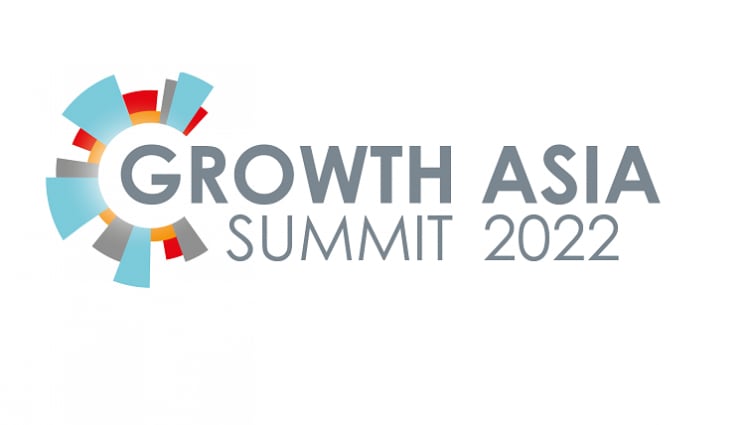Commodity concerns: Unilever India highlights tea rebound and health foods innovation to battle inflation challenges
Unilever’s major subsidiary in India Hindustan Unilever Limited (HUL) has highlighted a renewed focus on its tea and health foods portfolios in order to counter continuing inflation challenges faced in the country.
HUL recently announced its Q2 FY2022 financial results and revealed healthy overall growth including net profits of INR 22.9bn (US$ 290mn), an 11% growth year-on-year; as well as an EBITDA margin of 23.2% - but a lot of the discussion was focused on the inflationary challenges the company is currently facing.
According to HUL CEO and Managing Director Sanjiv Mehta, various key commodities that HUL uses to make its products and packaging including barley, palm oil and polyethylene are all experiencing record-breaking inflation.
“Against 10-year median prices [crucial commodities such as barley and polyethylene have all inflated by more than 50% and the prices are at an historic high,” Mehta said during an investor and press event announcing HUL’s financial results.
Big stride: Shiok Meats confirms 2023 commercial launch plans as cultivated shrimp reaches US$50/kg milestone
Cultivated seafood pioneer Shiok Meats has revealed that its production costs have now dropped to the coveted US$50/kg milestone, bringing it even closer to realising its commercial launch plans by the end of 2023.
When we last discussed cultivated shrimp pricing with Shiok Meats’ Group Co-Founder and CEO Sandhya Sriram back in 2020, the price per kilogramme was hovering at around US$7,000 – demonstrating the enormous progress the firm has made over the last two years.
“This US$50/kg milestone is really a big milestone and a huge win for us compared to the US$10,000 or US$5,000 that we were at previously, it’s a huge update we’re very proud to be sharing with the industry,” Sriram told FoodNavigator-Asia.
‘More headwinds ahead’: Nestle Malaysia predicts difficult second half of the year despite leading ASEAN growth in H12022
Nestle Malaysia believes that the rest of 2022 will be a tumultuous time for the food and beverage giant with supply chain and commodity costs continuing to rise, even after having pulled off a stellar performance by leading the ASEAN zone growth for the first half of the year.
Nestle recently announced its financial results for the first half of 2022, reporting an 8.1% rise in organic growth, 9.2% increase in total sales to CHF25.6bn (US$26.7bn) and 6.0% profit growth to CHF 7.7bn (US$8.03bn). This was however in tandem with a profit margin (profit to sales ratio) drop of 50 points, and average increased pricing of 6.5%, both of which were attributed to global inflation.
Nestle Malaysia released its Q22022 results on the same day as the group’s H12022 results, announcing a year-on-year growth of 18.8% for turnover from RM1.38bn (US$310mn) to RM1.64bn (US$369mn), growth in domestic sales by 12.5% and in export sales by 48.1%, and an overall net profit growth of over 26% to hit RM169.7mn (US$38.1mn).
“This growth was achieved mainly due to stronger sales and lower COVID-19 related expenses compared with the same quarter last year,” Nestle Malaysia CEO Juan Aranols said in a formal statement.
Overcoming Asian reluctance: Singapore plant-based luncheon meat ANEW to launch in 42 ‘accepting’ markets
Singapore food giant OTS Holdings aims to export its plant-based brand ANEW to markets where plant-based awareness, penetration and adoption rates are already high to overcome the Asian consumer reluctance to “let go” of conventional meat.
Therefore, it is planning for entry and trademarking of ANEW in 42 markets, like the US, Canada, Europe and China, said its spokesperson and brand marketing manager Ong Shiya.
“Asia has a very long history of consuming vegetarian products. However, this (plant-based) concept is coined and marketed for Western countries, such as Europe and the US. Impossible and Beyond Meat made a big bang. Our research shows there is a very high growth rate for the segment."
Scrapping ‘melting pot’ mentality: Flavour innovation in APAC food firms increasingly driven by culture and localisation
The flavour innovation process for brands in the APAC region is being increasingly driven by culture and localisation, with many of the region’s bigger food firms already grasping the importance of this trend.
While many firms focused on western markets are driven primarily by novelty or exoticism when creating new flavours for either new or existing product lines, in the Asia Pacific region this flavor innovation process is primarily driven by culture and localisation factors.
“In APAC, there is already a definite trend towards the development of products with a healthier focus such as plant-based or probiotics-enriched and so on, but within this product development, the flavour focus is becoming increasingly localised to suit the palates of consumers in different countries here,” Daniel Protz, CEO and Founder of international sensorial research firm FlavorWiki told FoodNavigator-Asia.





